|
|
ADDRESS AT THE NATIONAL CONFERENCE ON LEGAL EMPLOWERMENT ON THE OCASSION OF NATIONAL LEGAL LITERACY DAY, VIGYAN BHAVAN, NEW DELHI
09-11-2005 : New Delhi
Harmonious Relationship among Legislature, Executive and Judiciary
I am delighted to participate in the National Conference on Legal Empowerment on the occasion of National Legal Literacy Day being organized by the National Legal Services Authority. I greet the Hon'ble Chief Justice of India, Hon'ble Justices of Supreme Court and High Courts, judicial officers, legal educators, law students, distinguished legal personalities, Social organizations, citizens and other participants. I am happy to see that the National Legal Services Authority is organizing a national dialogue on the strengthening of harmonious relationship between the three pillars of democracy namely executive, legislature and judiciary. When I am with the legal community let me share with you three experiences that have relevance to providing justice in the rural areas with humane element.
Dispute resolution through human touch
During 1940's, when I was a school boy, every day after the evening namaz, my father used to come back and sit outside (thinnai) our home at Rameshwaram. Each day about 10 to 20 families or at times individuals would come to my father and tell their problems on land and house disputes, marriage conflicts and issues involving forsaking of elderly parents. They will get a solution from my father within two or three days. In a similar way, my mother used to meet many womenfolk on Fridays. They will seek her advice. My elder brother himself was Panchayat Court President. The court had five good human beings from various walks of life and with one State Government representative. In those days, caste system was not visible at all in that region. I used to see many disputes of human life being settled in our own rural environment. Only if the disputes are not settled at these two levels they used to resort to higher courts. After 1970s, all these systems with human touch vanished and most of these disputes are going to courts. I feel, since the Panchayat environment is emerging in rural areas, the judicial system at the Panchayat level also can take a shape with the same type of human touch.
Eighty Litigation free villages in Chitrakoot is a good example to be followed by many districts. This will substantially reduce the load in our courts. Recently, I visited Deendayal Research Institute in Chitrakoot, Madhya Pradesh. There I found that the institute is facilitating a cohesive conflict free society. As a result of this, I understand that the eighty villages around Chitrakoot are almost litigation free. The villagers have unanimously decided that no dispute will find its way to the court. The differences will be sorted out amicably in the village itself. This has happened because of the inspirational leadership at Chitrakoot. This movement has to be encouraged in the rural areas by different State Governments.
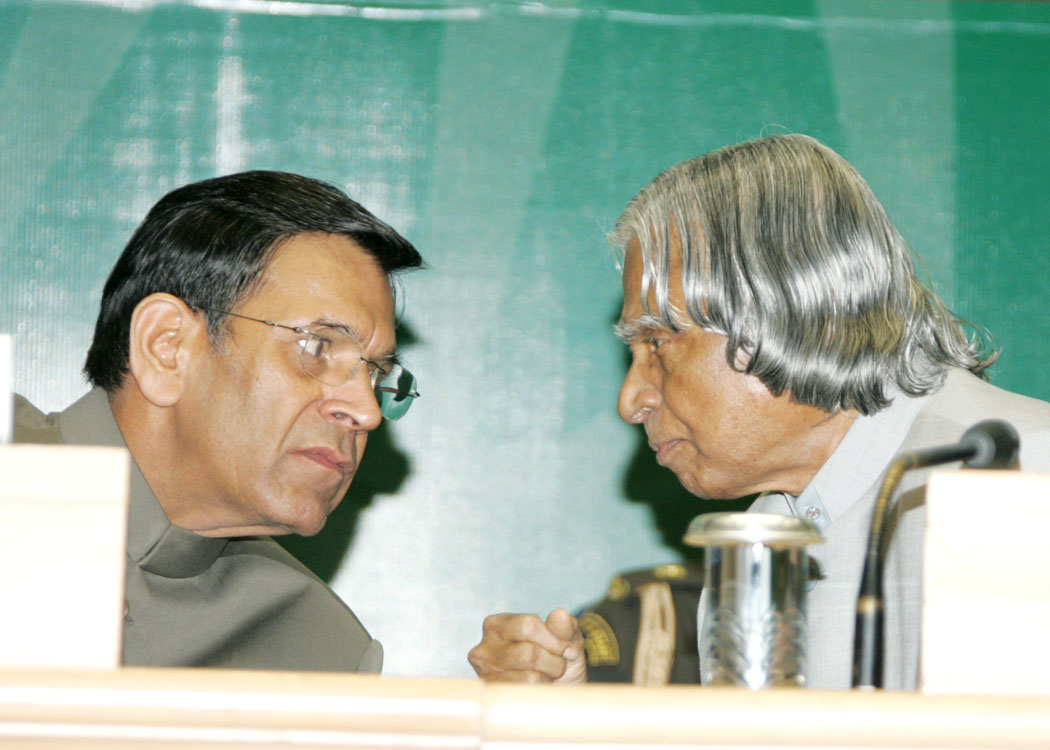

Mobile justice
I had inaugurated a Mobile Legal Clinic in Ahmedabad in 2003. Mobile Legal Services have two important benefits. Firstly, it creates awareness among the rural population about their rights and responsibilities and also creates a feeling of law and judiciary being very close to the people. This mission should continue.
As an extension of this phenomenon I would recommend, creation of Mobile Courts that reaches Taluka and Village level. The mobile court can visit different villages and towns periodically and deliver on the spot justice to the people, based on the facts and evidence. The legal community can also simplify the procedure of filing the cases and taking the witnesses and address the issue of innumerable postponements. Today's conference should discuss all these three aspects what I am discussing, so that some sort of recommendation should go to the government. Three experiences, which I have described, may be considered by the legal community for necessary thoughts and action.
Now I would like to talk to you on the topic "Harmonious Relationship among Legislature, Executive and Judiciary", based on the topic suggested by the National Legal Services Authority.
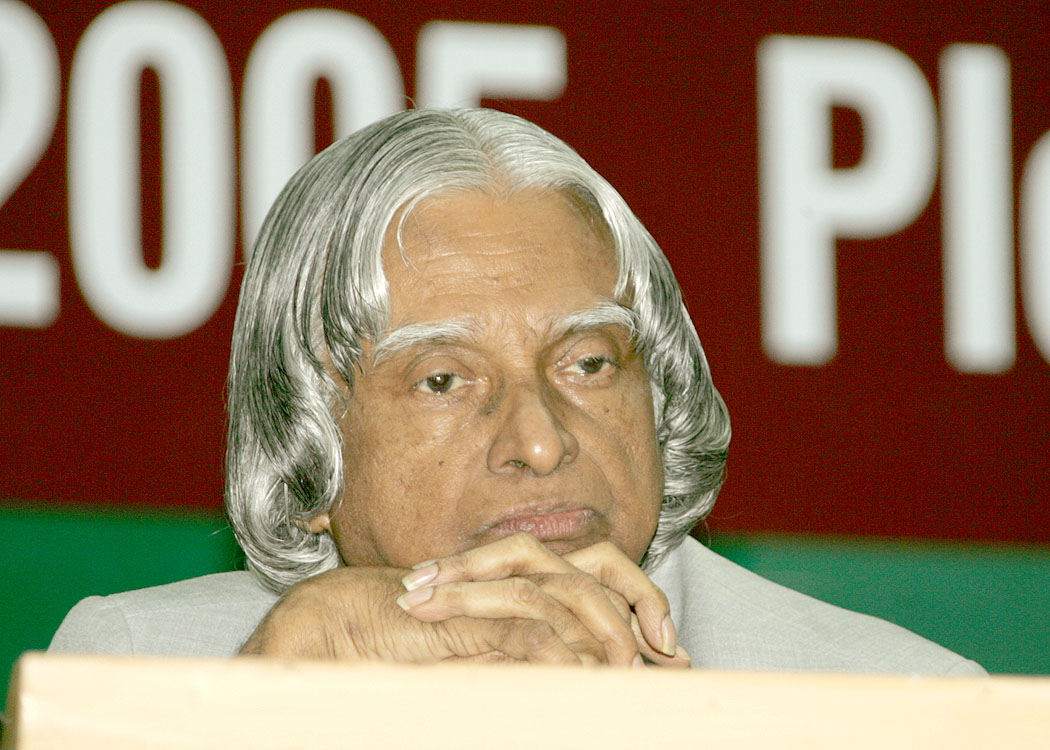

Essence of Democracy
Democracy dictates a system in which every citizen can without fear of retribution breathe, express himself, pursue his or her interests and in short, live a life of his or her choice as long as it is wholesome and does not tread upon the rights of others to live their lives with equal felicity. This presupposes a system of balances and counter balances among various specifically identified functional components, which together create, support and nurture the democratic system. The Legislature, the Judiciary and the Executive, are the components of such a system.
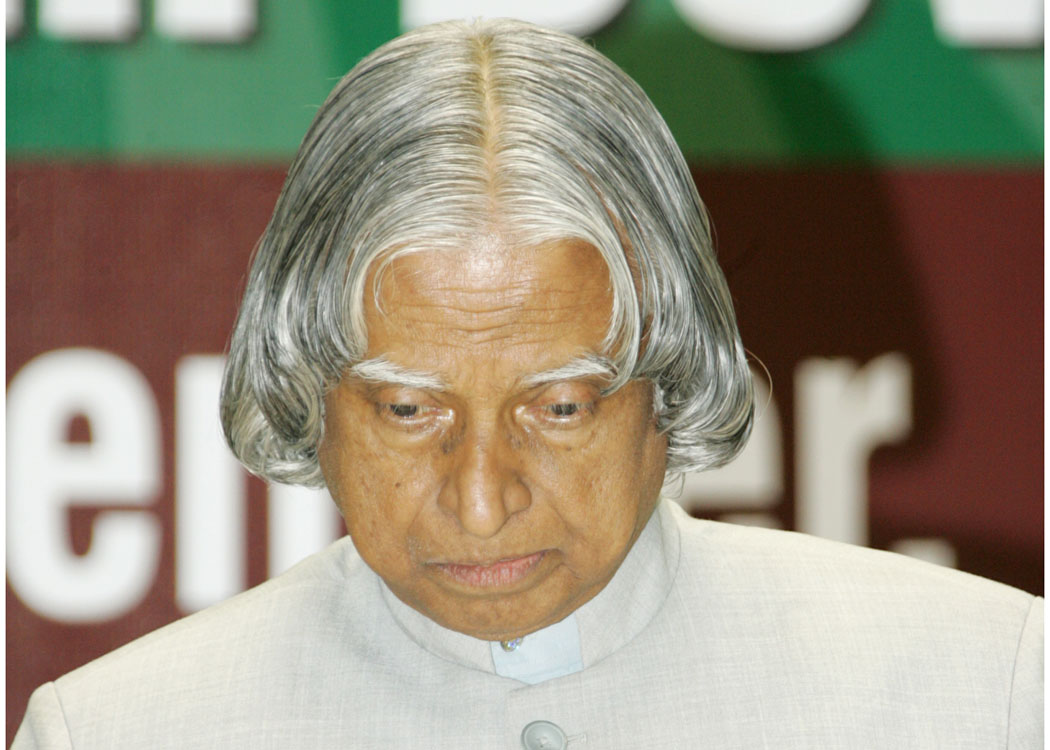

Pillars of Democracy
In a healthy democratic system, each of these segments, pillars as it were, has its own importance and relevance. To segregate one from another altogether into watertight compartments would be less than reasonable, basically because one cannot forget the linkages and may I even say, interdependence among them to quite an extent. All the same, for a democratic system to function in a healthy atmosphere, conducive to the meaningful sustenance and purposeful progress of the citizens, it is necessary, to chalk out specific areas of domain for each of these pillars with least encroachments on it from any of the other. Such separation of powers is unmistakable by its presence in all-modern constitutions that support a truly democratic system.
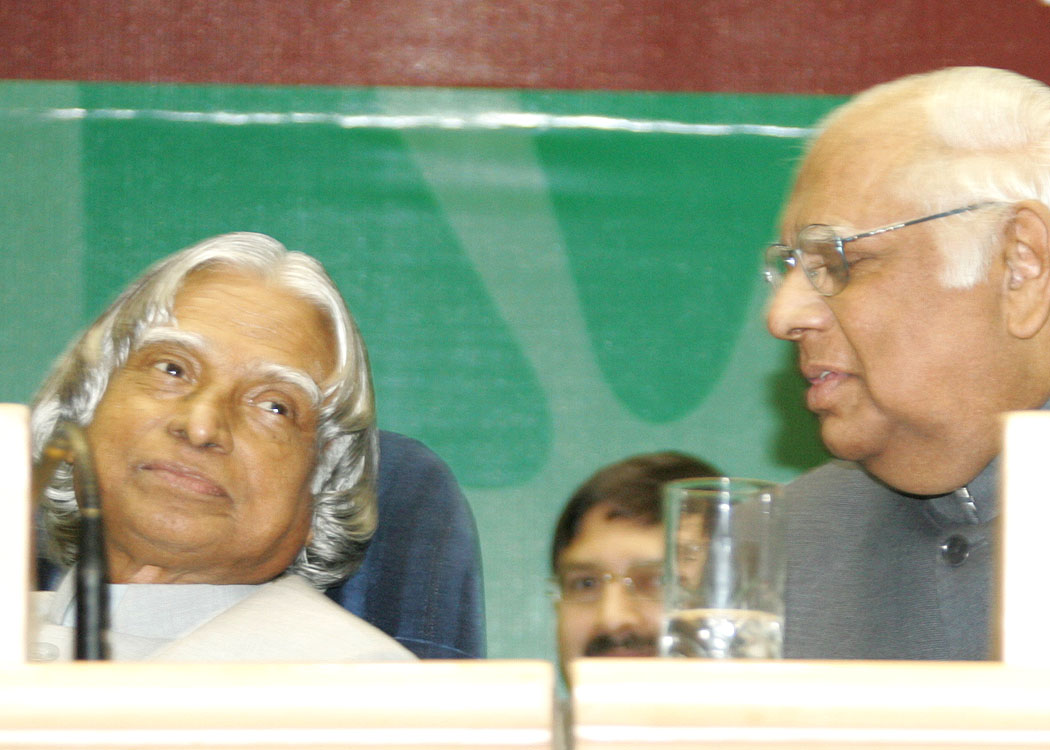

Separation of Powers
The basic concept of the separation of powers would mean -
(a) The same persons should not form part of more than one of the three organs of the Government
(b) That one organ should not control or interrupt with the working of another, and
(c) That one organ of Government should not exercise the functions of another.
The innate provisions of freedom, democratic governance and law are most secure when the three organs of the system function independent of one another. Such a system is essential for the functioning of the democracy.
In 1690, the Englishman John Locke wrote in his Second Treatise of Civil Government, "It may be too great a temptation to humane frailty, apt to grasp at power, for the same persons who have the power of making laws, to have also in their hands the power to execute them, whereby they may exempt themselves from obedience to the laws they make, and suit the law, both in its making and execution, to their own private advantage."
The French jurist, Montes-quieu, had this to say " When the legislative and executive powers are united in the same person, or in the same body of magistrates, there can be no liberty. Again, there is no liberty, if the judicial power were not separated from the legislative and executive. Were it joined with the legislative, the life and liberty of the subject would be exposed to arbitrary control; for the judge would then be the legislator. Were it joined to the executive however, the judge might behave with violence and oppression. There would be an end to everything, were the same man, or the same body, whether of the nobles or of the people, to exercise those three powers, that of enacting laws, that of executing the public resolutions, and of trying the causes of individuals."
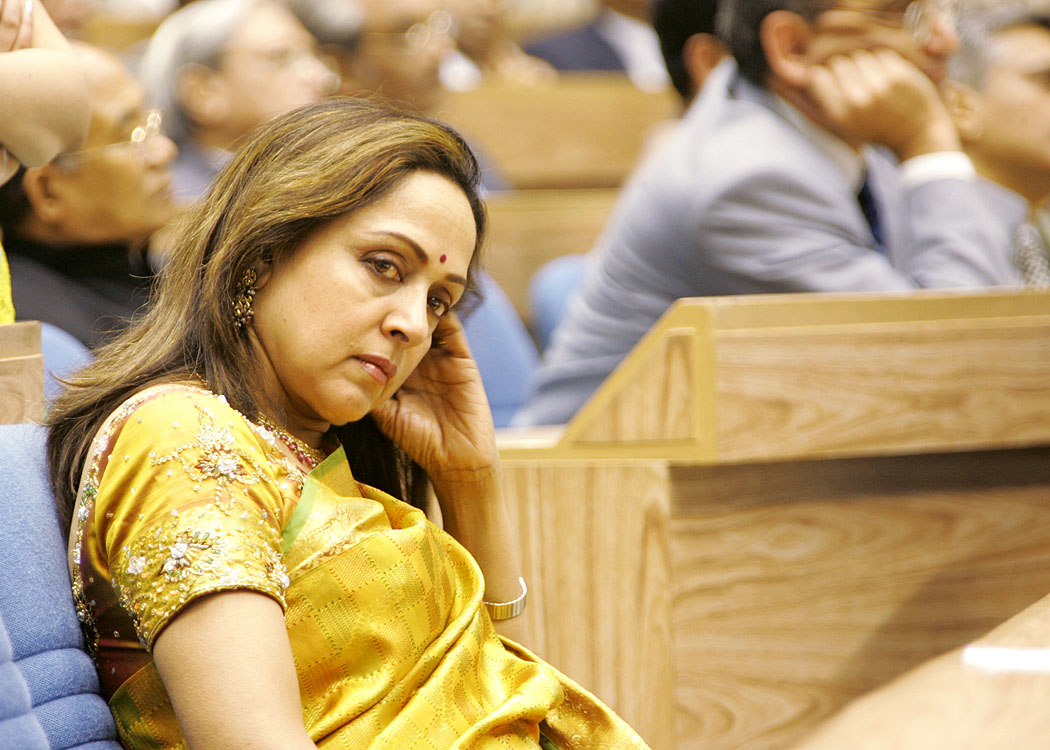

The Legislature
The Legislature is primarily concerned with enactment of general rules of laws that are germane to all aspects of the conduct of its citizens and institutions. Basically this highlights that it is the will of the people, the sheet anchor of any democratic system that is reflected in the formation of the Legislature, which determines for the common good all the laws, and regulations that are to be followed.
Evolving such a legal system of rules and regulations is one thing, but pursuit of activities according to them within the framework of the main system has other facets, which bring in the other two pillars like the Judiciary and the Executive.
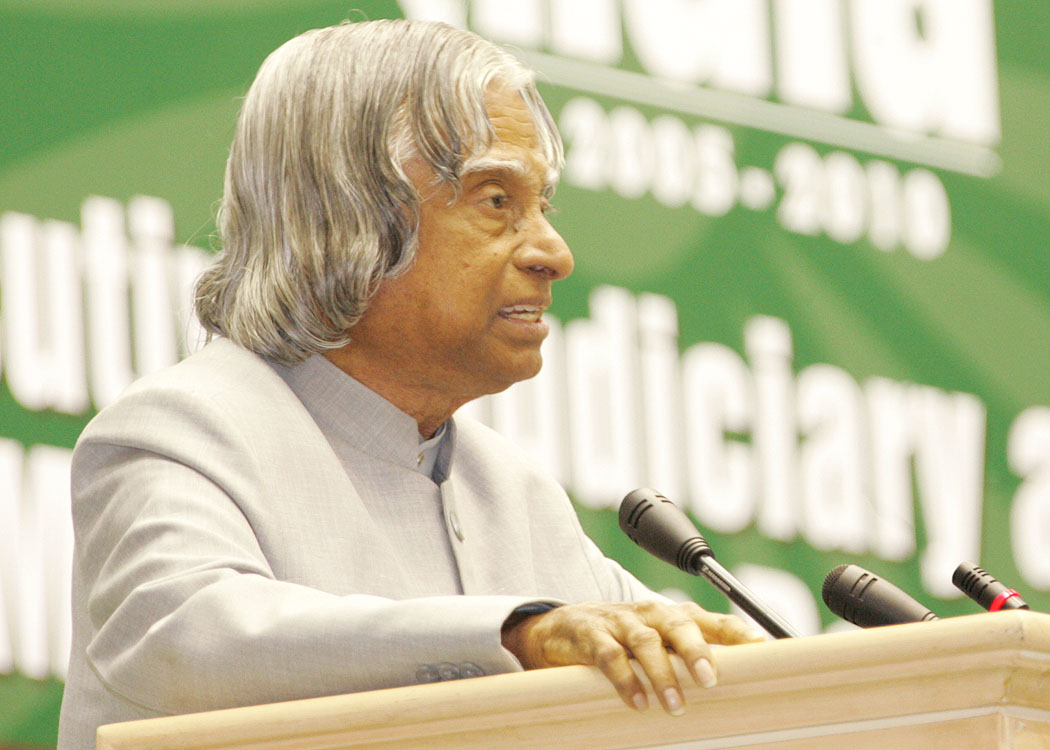

The Judiciary
Judiciary, as an independent specialized legal system of interpretation and enforcement of laws and regulations, untrammeled by the Legislature and Executive is absolutely unavoidable in any healthy democratic system. The functions of the Judiciary transcend the simple determination of disputed questions of fact and law and encompass an altogether new dimension of even discharging legislative functions of a different character and caliber without encroaching upon the domain of the Legislature. I am referring to the evolution of case-laws that arise from interpretation of the rules, laws and regulations laid down by the Legislature, of course, consistent with the basic structure of the Constitution. It would not be an exaggeration to say that the interpretation by the Judiciary of the laws and regulations as also the evolution of case laws add flesh and blood to the basic structure of the Constitution which reigns supreme under all circumstances. In a mature democracy, it is important that judges are independent both of Parliament and the Government.
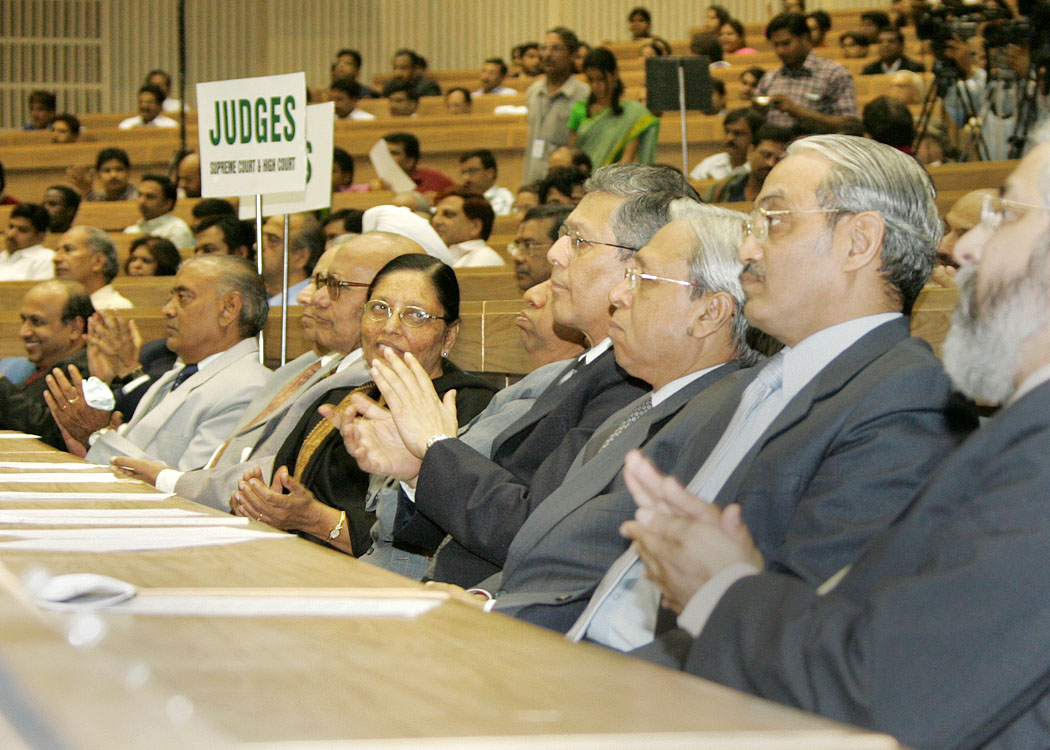

The Executive
The third pillar namely, the Executive is also expected to be as independent as possible and free of intrusions from the other two. All along it has been said that Executive is the third pillar of democracy, which is independent of the other two. I however, have a different view. Please do bear with me if I say that the independence that is expected of this pillar is only in theory and mostly eroded in actual practice. How can we expect to have an Executive to function independently when each of its actions is questioned and its functioning is made regularly actionable by and accountable to the independent powers enjoyed by the Legislature and the Judiciary? Large number of regulations exist to constantly keep the actions of the Executive under the watchful glare of the Legislature and the Judiciary and that unquestionably takes away the much bandied-about independence of the Executive. Controls and provisions for interpretations and answerability are also applicable to the Legislature and the Judiciary but in their cases, a built in system from within would be available for discharging those functions. What happens with the Executive in actual practice is nowhere near such a state of affairs and to that extent I would decidedly not support the contention that the Executive is as independent in its existence and functioning as the Legislature or the Judiciary is. I am not even for a moment questioning the whys or why nots of such controls on the Executive; I am merely stating a fact that I personally have perceived watching our democratic system in actual practice.

Need for Harmony
It does not need an expert to aver that though the independence of these three pillars is a must for a good democracy in its true form to be maintained and nurtured, there is absolute need to strike at a harmonious balance among them in their discharge of all functions within the system and within the Constitutional framework. What is required is a conscious realization of unseen boundaries that cannot be traversed without causing embarrassment and even injustice to the democratic system and the rights of its citizens. Realisation by each one that the other two are equally vital and significant is essential for a healthy democratic system. Stand off between these systems can only be at the cost of the system itself and is sure to put the system in peril. It is not practicable nor is it advisable to specifically lay down these boundaries to make them inviolable but each of these three pillars is enlightened enough to circumscribe its area of operation to consistently and consciously avoid intrusion into another's territory even where the dividing line is slim and even vague.
This will be possible only if everyone of us realizes the ultimate sanctity of the Constitution and its basic framework that had been so carefully crafted by those who knew what to do and did what they did for the nation's future.

Conclusion
All of us, irrespective of the segment of the system to which we belong, have to regulate ourselves by a code of behaviour, ordained by the Constitution, tacitly or otherwise. Freedom available to a segment, seemingly unfettered by the mandate of the so-called majority, is for formulating wholesome legalistic stipulations within the framework of the Constitution for common good and not for imprudent enactments that have just transient appeal to one particular section or another. Likewise, discreetness, is a virtue to be cultivated with alacrity and exercised with circumspection and calculated discretion. The pen, having writ, can certainly move on.. with telling effect, to say the least. If one of the organs of the system arranges a midnight rendezvous compromising the rule of law by entering into compromises with outlaws, it is not exactly getting swathed in glory, but the rule of law gets ravished and the whole system gets relegated with an ever-bleeding wound. Independence of jurisdiction does not mean liberty to licence. Friends, I am not pontificating from the Presidential pedestal but I am only voicing as a concerned citizen his concerns about the denial of the fruits of the rule of law implicitly, yet unmistakably promised to him and his kind by the Constitution of India.
Privileges are meant to be enjoyed with prudence by those on whom they are conferred; they are not meant to make others suffer and certainly they are not meant to be flaunted. Rights are meant to be exercised for achieving the right thing; they are not to be brandished. Politeness and moderation are virtues devoutly to be wished for and self-restraint by each of the organs coupled with respect for the others should become a conditionality to be consciously remembered and con-scien-tio-usly followed with unflinching loyalty, sincerity and honesty. The earlier the realization comes to each of these pillars, that one cannot live without the other two, for a healthy and dynamic sustaining democratic system, the better for all of us. We should strive to see real democracy blossom forth into a system that allows free flow of the citizen's genuine aspirations. This should facilitate them not only to express but also to develop them further on their own without treading on the others' feet. Such realization would automatically lead to self-discipline and that would be the best prescription for a healthy and resurgent democratic system.
My best wishes to the members of National Legal Services Authority in their mission of promoting nobility in justice to all the citizens of the nation.
May God bless you.
<<Back
|
|